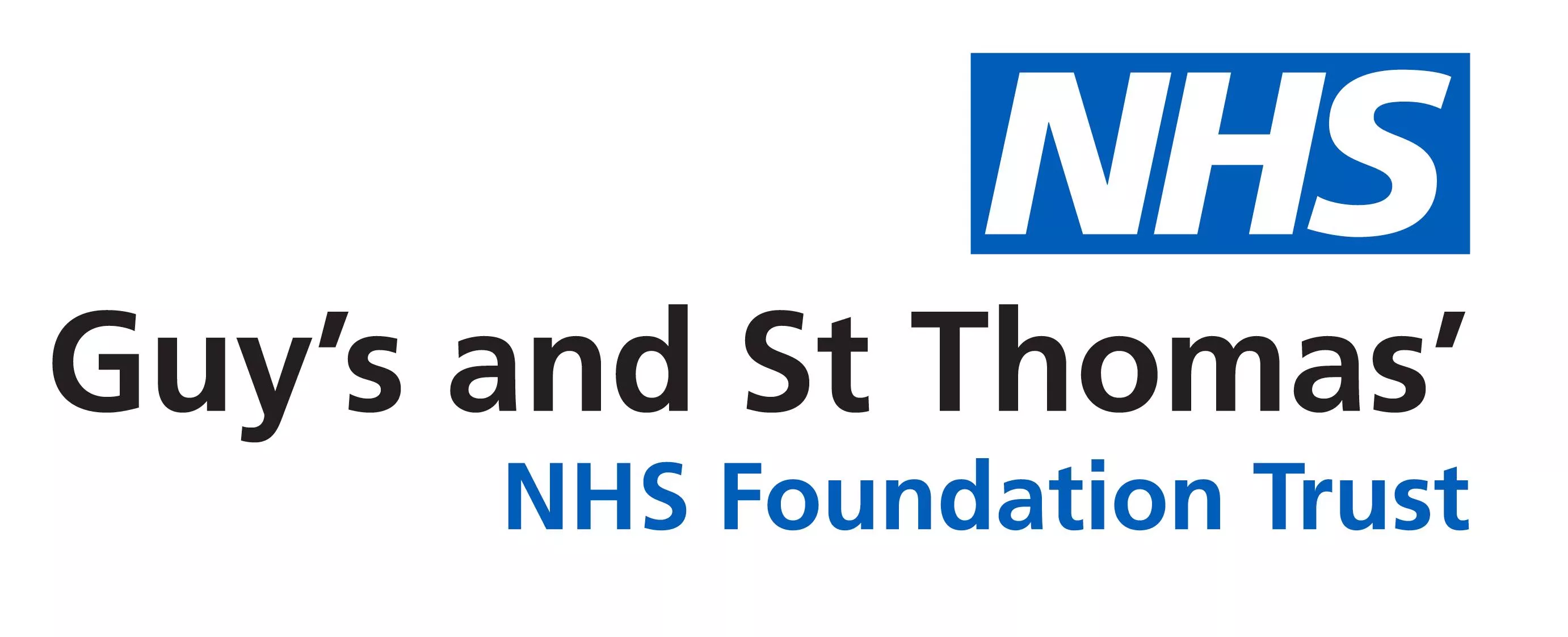REDRESS trial
REDRESSing the balance of healthcare for people with sickle cell disorder.
Sickle cell disorder is an inherited condition that affects the red blood cells. Healthy red blood cells carry oxygen around the body. However, people with sickle cell disorder produce red blood cells that can become an unusual shape (sickle-shaped instead of round). These sickle shaped red cells then cause problems because they do not live as long and can block blood flow in small vessels resulting in severe pain episodes around the body, organ damage, as well as other problems such as stroke and increased risk of infection.
People with sickle cell disorder will need medical support throughout their lives. There are some treatments available such as regular blood transfusions and medications but these treatments do not offer a cure for the condition and they may not be a suitable option for all sickle cell patients.
A stem cell transplant is a procedure that replaces damaged blood cells with healthy ones. Previous research has shown that stem cell transplants can cure sickle cell disorder in patients that have a donor who is a full match, usually a sibling. Stem cell transplants from a full-match donor are currently available on the NHS. However, most (approximately 70%) of sickle cell patients do not have a fully matched sibling available as a donor.
Further research has shown that a stem cell transplant from half-matched family donors (also known as haplo-identical donors) has similar potential to cure severe sickle cell disorder and is used routinely in England in children up to age 18 with the disorder. We do not yet know if stem cell transplants using half-matched family donors offers the same potential as a treatment in adults.
To allow the treatment to be used in adults, we need to carry out this study to investigate if a stem cell transplant using half-matched family donors is safe and effective in adults with severe sickle cell disorder. This treatment is expensive, so we also need to show that it provides good value for money and improves the quality of life for patients compared to the usual (standard) treatments for sickle cell.
Learn more about REDRESS
Aims
The aim of this study is to determine whether stem cell transplant using haplo-identical related donors is safe, effective and cost effective in treating people with sickle cell disorder compared with the standard of care treatment.
Trials Design
This is a randomised control trial. Patients with severe sickle cell disorder will be randomised to receive either a stem cell transplant or to remain on the current best standard care. We will collect blood samples, urine samples and ask all participants questions on their quality of life and how often they use the healthcare system. We will follow up participants for two years and compare outcomes between the two groups to determine the clinical and cost effectiveness of transplant compared to standard care.
Meet the team
- Dr Victoria Potter, Chief Investigator, Consultant Haematologist, King’s College Hospital NHS Foundation Trust
- Dr Rachel Kesse-Adu, Co-Investigator, Consultant Haematologist, Guy's and St Thomas' NHS Foundation Trust
- Dr Ben Carpenter, Co-Investigator, Consultant Haematologist, University College Hospital.
- Professor Ben Carter, Senior Statistician, Institute of Psychiatry, Psychology & Neuroscience at King's College London
- Professor Paul Tappenden, Professor of Health Economic Modelling, University of Sheffield
- Dr Aline Navega Biz, Research Fellow, University of Sheffield
- Daryl Hagan, Senior Trial Manager, King's Clinical Trials Unit
- Francesca Maher, Junior Statistician, Institute of Psychiatry, Psychology & Neuroscience at King's College London






